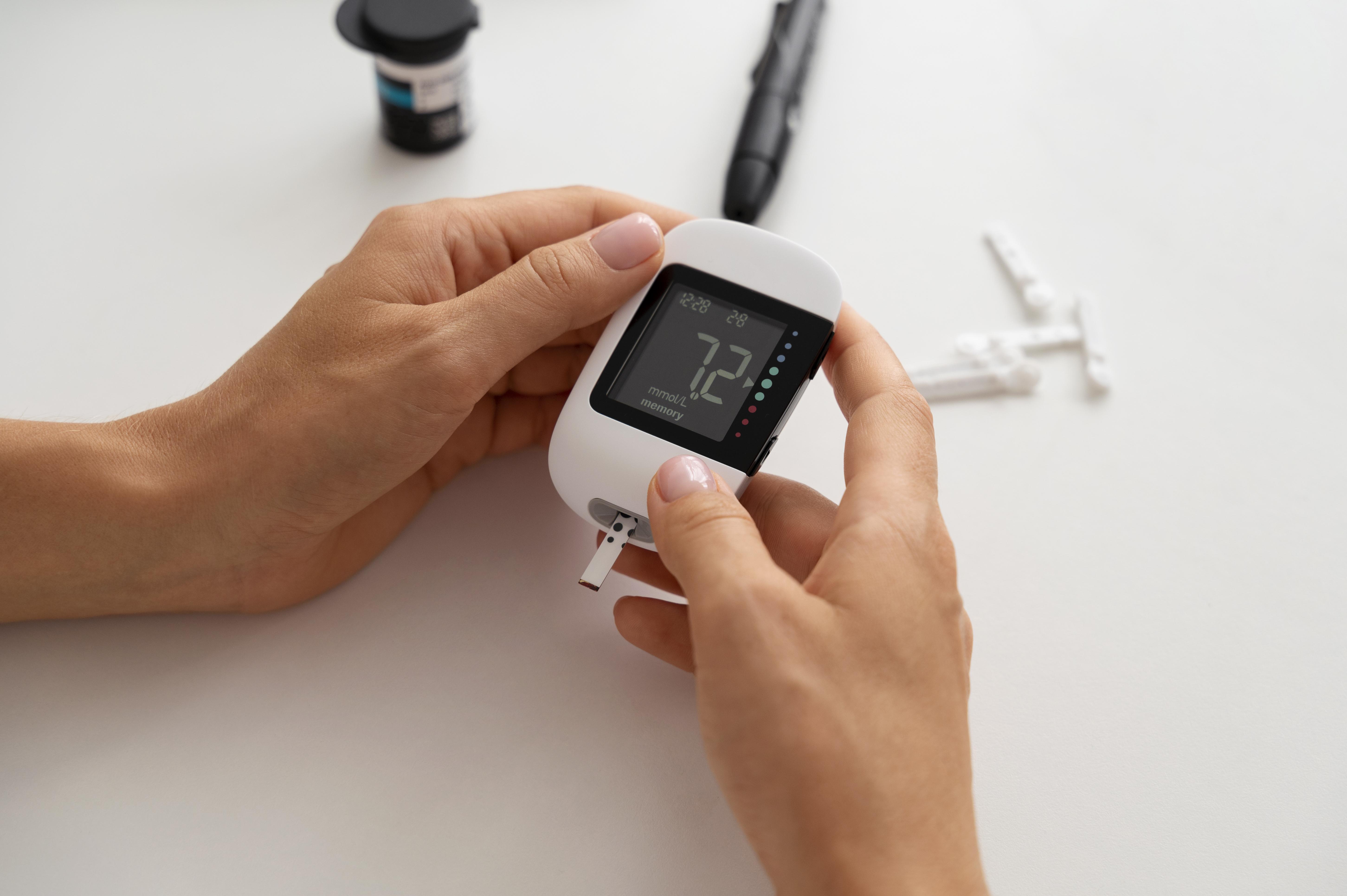The HbA1c Test: A Crucial Window into Your Diabetes Management

For millions globally, managing blood sugar levels is a daily challenge. Whether you're living with diabetes, have pre-diabetes, or are at risk, understanding your long-term blood glucose control is paramount. While daily finger-prick tests provide snapshots of your blood sugar at a given moment, the HbA1c test (Glycated Hemoglobin test) offers a much more comprehensive and insightful picture. This simple blood test has become an indispensable tool in diabetes management, providing an average of your blood sugar levels over the past two to three months.
What is HbA1c and How Does It Work?
HbA1c stands for Hemoglobin A1c. Hemoglobin is a protein found in your red blood cells responsible for carrying oxygen throughout your body. When glucose (sugar) enters your bloodstream, it attaches to hemoglobin. This process is called glycation, and the more glucose in your blood, the more glucose attaches to the hemoglobin.
Once glucose attaches to hemoglobin, it stays there for the lifespan of the red blood cell, which is typically around 90 to 120 days (2 to 3 months). The HbA1c test measures the percentage of hemoglobin that has glucose attached to it. A higher HbA1c percentage indicates higher average blood sugar levels over the preceding 2-3 months.
Why is the HbA1c Test So Important?
The HbA1c test offers significant advantages over single blood glucose readings:
-
Long-Term Average: Unlike a fasting blood sugar test or a random blood sugar test, which only show your glucose level at a specific moment, the HbA1c provides an average, smoothing out daily fluctuations caused by diet, exercise, or stress. This makes it a more reliable indicator of overall glucose control.
-
Diagnosing Diabetes and Pre-diabetes: The HbA1c test is now a recognized diagnostic tool for diabetes and pre-diabetes.
-
Normal: Below 5.7%
-
Pre-diabetes: 5.7% to 6.4%
-
Diabetes: 6.5% or higher
-
Monitoring Diabetes Management: For individuals already diagnosed with diabetes, regular HbA1c tests (typically every 3-6 months) are crucial for:
-
Assessing the effectiveness of your current treatment plan (medication, diet, exercise).
-
Making necessary adjustments to your medication or lifestyle.
-
Understanding your risk of developing diabetes-related complications.
-
Predicting Complication Risk: Maintaining a lower HbA1c level significantly reduces the risk of developing long-term diabetes complications such as:
-
Heart disease and stroke
-
Kidney disease (nephropathy)
-
Nerve damage (neuropathy)
-
Eye damage (retinopathy), potentially leading to blindness
-
Foot problems and amputations
-
No Fasting Required: Unlike many other blood sugar tests, the HbA1c test does not require fasting, making it more convenient for patients.
Who Should Get an HbA1c Test?
-
Individuals with symptoms of diabetes: Increased thirst, frequent urination, unexplained weight loss, blurred vision, fatigue, and slow-healing sores.
-
People diagnosed with pre-diabetes: To monitor progression and guide lifestyle interventions.
-
Individuals diagnosed with Type 1 or Type 2 diabetes: For ongoing management and assessment of treatment effectiveness.
-
Those at high risk for diabetes: Including individuals with a family history of diabetes, obesity, a history of gestational diabetes, or certain ethnic backgrounds.
-
As part of a routine full body checkup: Especially for individuals over a certain age or with other risk factors, it's a valuable screening tool.
Understanding Your HbA1c Results
Your doctor will interpret your HbA1c results in the context of your overall health, age, and other medical conditions. For most people with diabetes, the target HbA1c is below 7%. However, individualized targets may vary. For example, older adults or those with multiple health conditions might have a slightly higher target, while younger individuals might aim for a tighter control.
Regular communication with your healthcare provider is key. If your HbA1c levels are higher than desired, your doctor can work with you to adjust your treatment plan, modify your diet, increase physical activity, or explore other strategies to improve your blood sugar control.
In conclusion, the HbA1c test is a powerful and convenient diagnostic and monitoring tool that provides invaluable information about your long-term blood sugar control. By understanding and actively managing your HbA1c levels, you empower yourself to significantly reduce the risk of diabetes-related complications and take a proactive step towards a healthier future.
- Vibnix Blog
- Politics
- News
- Liberia News
- Entertainment
- Technology
- التعليم
- Art
- Causes
- Crafts
- Dance
- Drinks
- Film
- Fitness
- Food
- الألعاب
- Gardening
- Health
- الرئيسية
- Literature
- Music
- Networking
- أخرى
- Party
- Religion
- Shopping
- Sports
- Theater
- Wellness



